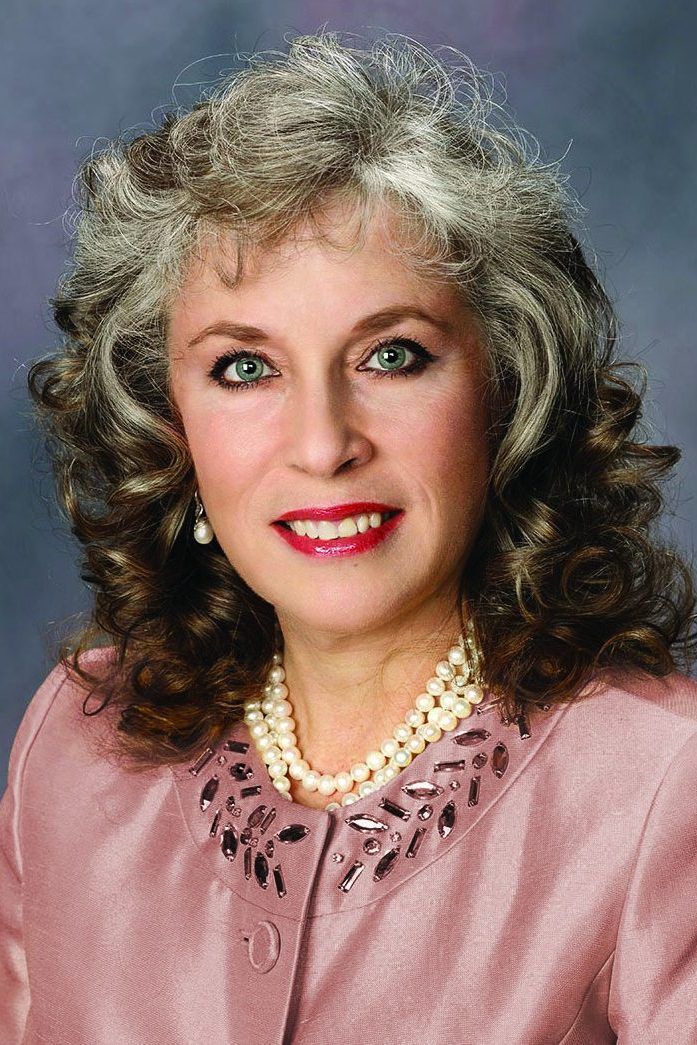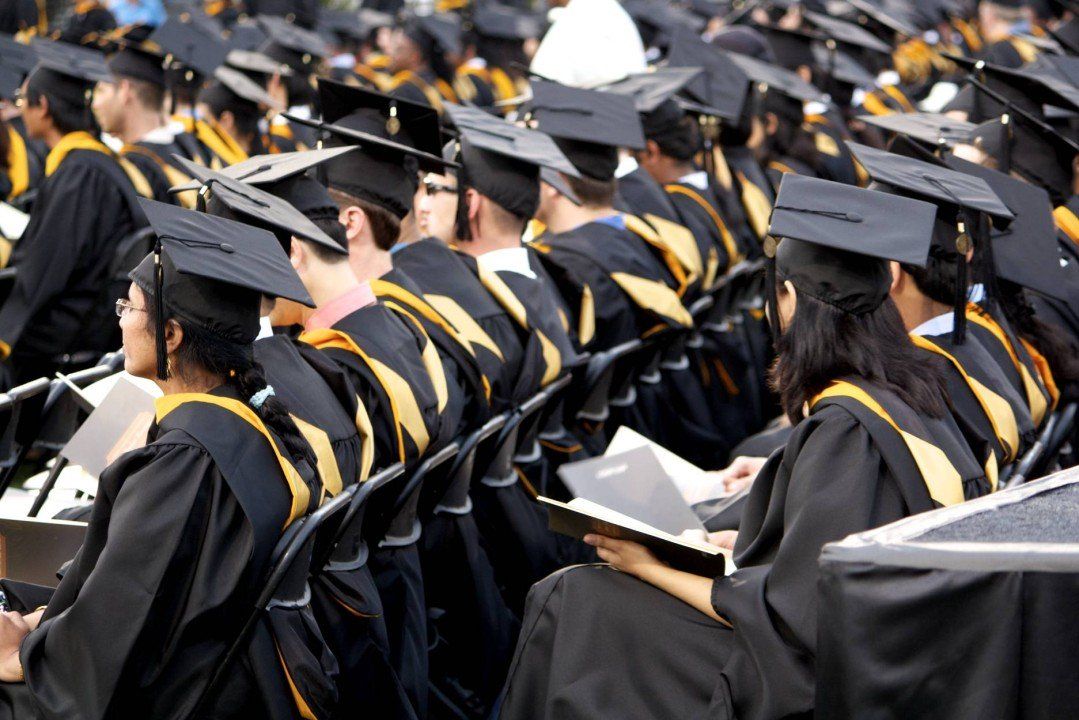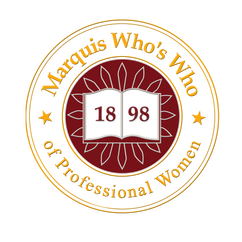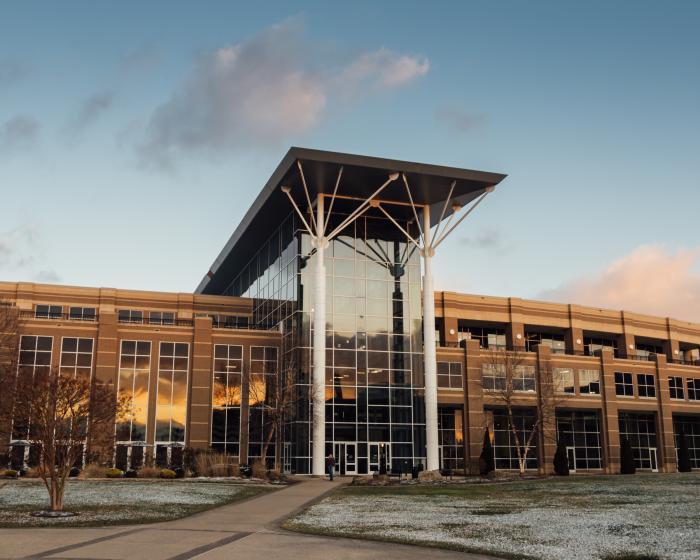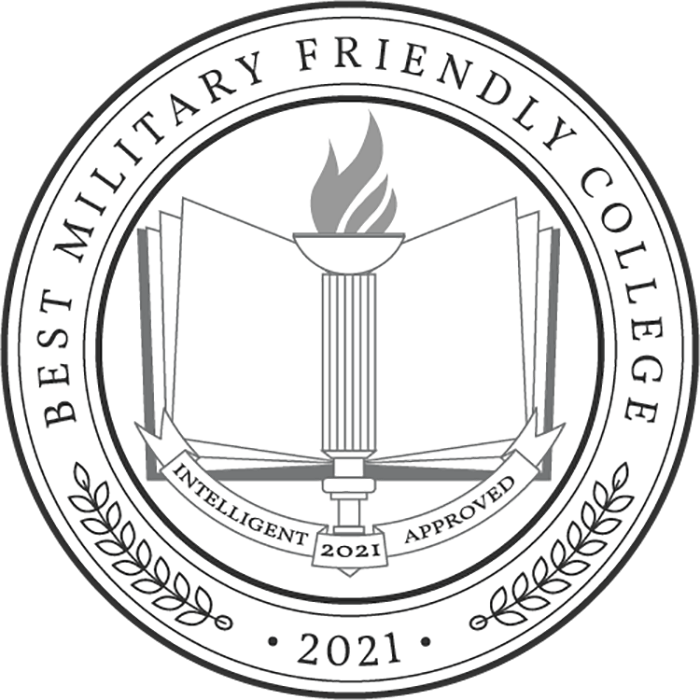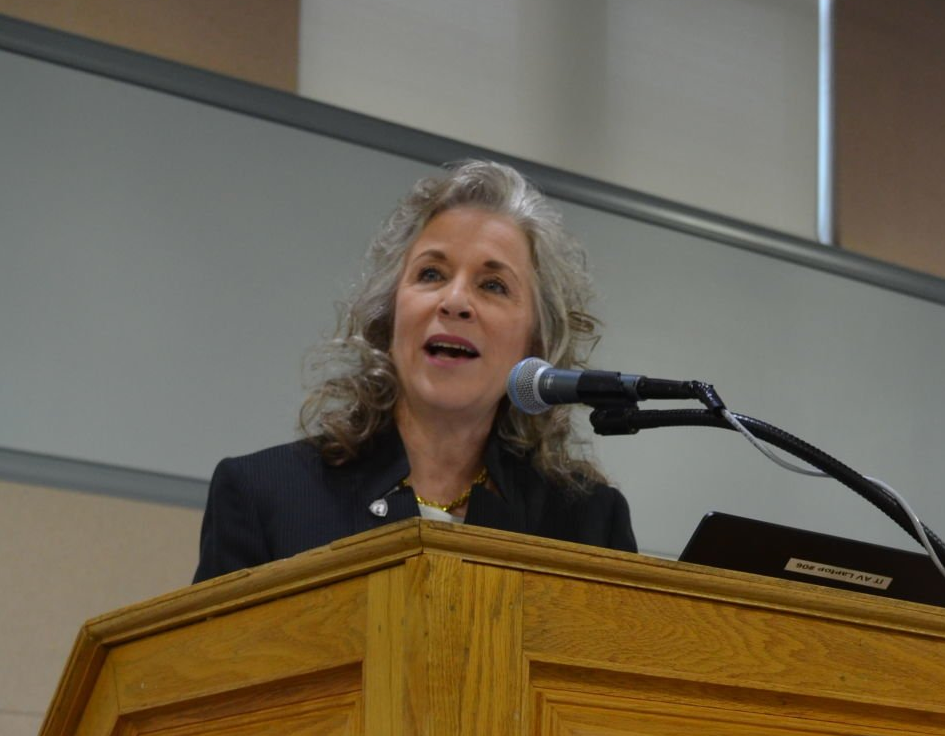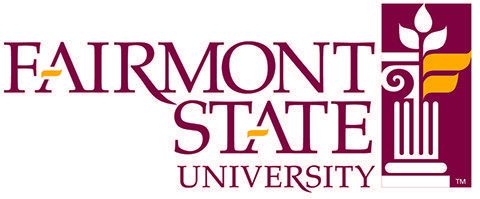What Should Universities Teach?

"What Should Universities Teach?"
The answer to this question goes far beyond a program or a list of essential subjects, for today’s students are tomorrow’s world leaders. With this in mind the purpose of the University education should be to develop in students critical skills that can be used to discern what is important from what is trivial, and what is true from what is not. We should seek to develop leaders who are flexible thinkers with agile minds; leaders who can adapt to and resolve problems not yet imagined; leaders who will push the boundaries of our determination, intellect and creativity, who will act ethically and lead with values.
Today, employers want individuals who can use their education to think analytically, act ethically, read with interpretive skill, and write strong, well-constructed sentences. Academic excellence empowers the development of minds that can analyze, synthesize and execute. Throughout my career, my aim has been to instill in my faculty, staff and students a broad, imaginative and critical capacity; not a prematurely narrow point of view. I have sought to cultivate curiosity, creativity, and a lifelong love of learning and service, and to prepare students to confidently adapt to our rapidly changing global environment.
Living and traveling throughout Europe and Latin America, and the Far East has taught me to value different cultures and to embrace diversity of thought. Collectively, these experiences have taught me how to best expand an institution’s reach and academic standing by engendering trust, creating harmony between values, mission and passion. My life’s experiences have provided a rich tapestry of perspective that has made me keenly insightful. It drives my passion to help dreams become realities for others.
As an immigrant to this country and the first in my family to attend college in the United States, I know first-hand, the value of an education. I have created, implemented programs and rallied faculty, staff, and community partners to provide educational opportunities for minority, underserved and first generation students. I also understand the unique needs of non-traditional students. My graduate education was earned as a non-traditional student; studying, working, and looking after a young family.
As an educator, I recognize our obligation to train students to become ethical and responsible leaders in the world, to act with honor and character while focusing on action and outcomes. I hold the noblest purpose of education is to enable students to use their gifts, talents, knowledge, and resources to contribute to the common good of humanity.
Supreme Court Justice Lewis Powell once wrote to his college-bound son, “It is important to do something worthwhile in this one life each of us is given by God. This does not mean making headlines or making the most money. Many who succeed at both are quite contemptible. It does mean using your ability in some calling or profession in a way that contributes something to your generation. It also means being a person of honor, character, patriotism, and civic consciousness and some leadership of your fellow citizens.”
It is our responsibility to model this way of life for our students.
Mirta M. Martin
